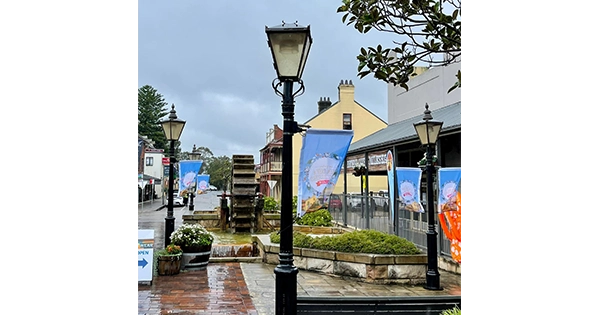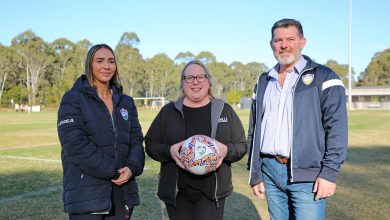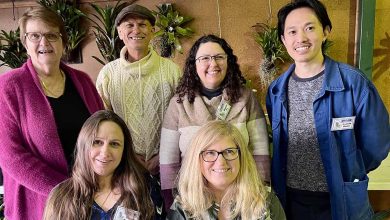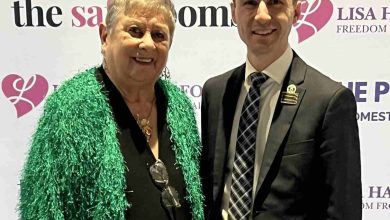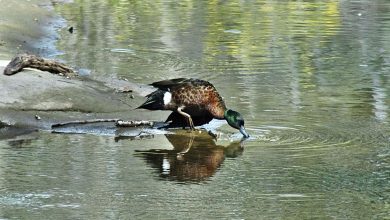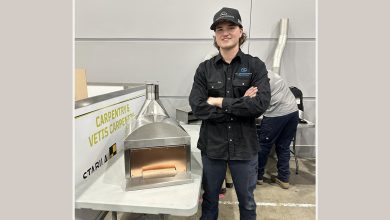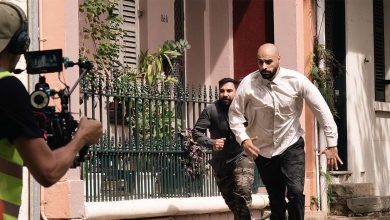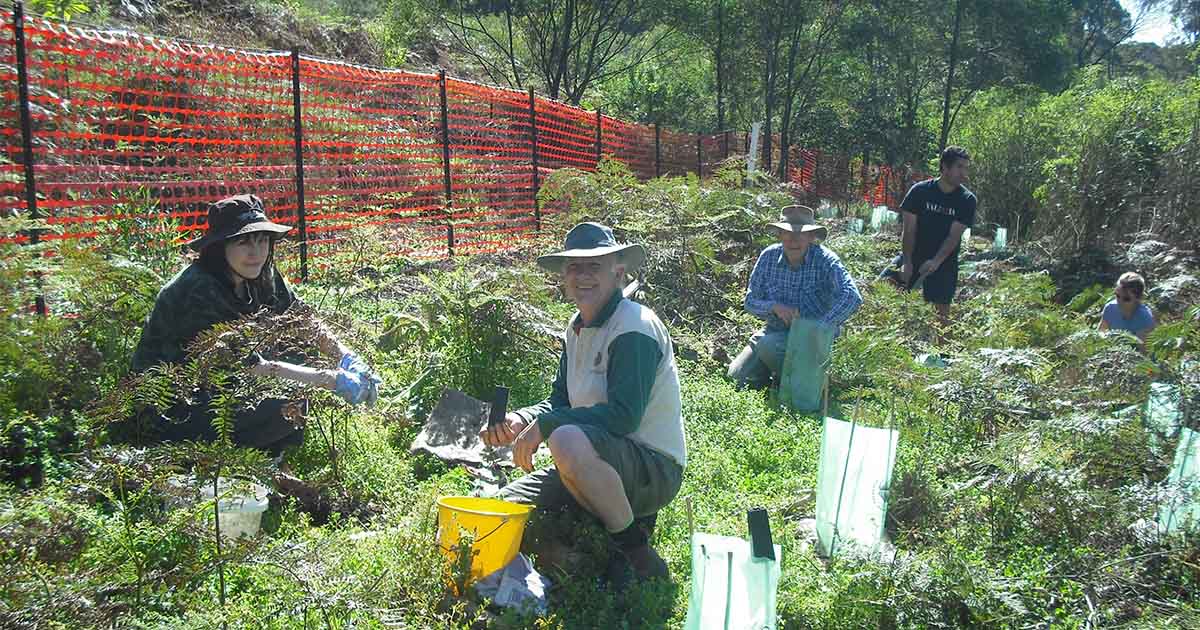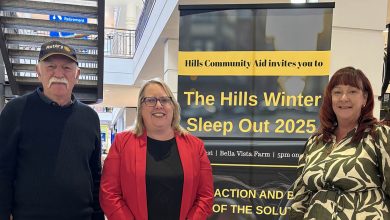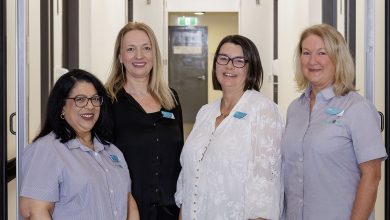Shining a Light on Windsor’s Future
GAS LAMPS OR ELECTRIC LIGHTS FOR THE MALL – LOCALS VOTE
Windsor is set to have a major rejuvenation as part of the multi-million dollar Liveability project which will see the area being tidied up and parts restored or refreshed, and one of the iconic features of the Mall will be kept – the 24 gas lamps – and the push is on to get gas back.
The Windsor Mall gas lamps are the biggest network of gas lamps in Australia and many heritage supporters believe they would be an additional major tourist attraction for historic Windsor, if restored and publicised.
That publicity has already started, with a straightforward question being asked on the I Love Windsor Facebook page – Do we want gas lamps for the Mall?
So far the poll has seen almost all (some 99% of those answering the poll) giving a resounding yes to keeping the lamps and restoring them, with 56% saying they should be gas powered.
Over 500 votes, and counting, have been cast in total, with some 44% in favour of electric-powered lamps.
Hawkesbury Council has already agreed to keep and restore the gas lamps but many of those who value Windsor’s heritage and see it as a tourist drawcard believe they have to be resurrected as gas, not electric.
Windsor businessman Darren Pead – he owns three shops in the Mall – is the man behind I Love Windsor and he says, “we want to gauge community feedback as to whether they should be restored as gas lamps or electric lamps”.
He points out the lamps, “are run down and not working. The gas pipes are still underground and the lamps are believed to be still connected to the gas supply”.
He says, “it’s a no brainer to restore these gas lamps and make Windsor the best historic town in Australia.”
Of course one potential minus to using gas as against electricity is its effect on climate change, given gas is a fossil fuel, while electric lamps don’t produce any pollution – at least not from themselves.
But Mr Pead points out the technology has moved on since the Windsor lamps were last powered by gas.
“These lamps could be restored and restarted using the gas,” he says. “The technology exists to make them electronically operated and reduce emissions by 70% from previous use.”
He’s not long returned from the UK where he visited the historic Great Malvern area – part of the tourist-popular town of Malvern – where he talked to local Council staff, gas lamp technicians, met a man who restores gas lamps, and even got to take close look at how the lamps function himself, with the aid of a ladder.
Great Malvern has over 100 fully functioning gas lamps, many 100 years old, with the local Council responsible for looking after 26 of them. Mr Pead reports that the annual gas bill for the Council lamps is “only in the hundreds of pounds” and they operate on simple light sensors, which means they go on and off automatically, so saving fuel.
In the UK town, there are also additional replica, electric operated, ‘gas’ lamps installed throughout the town adding to the genuine gas lamps stock.

